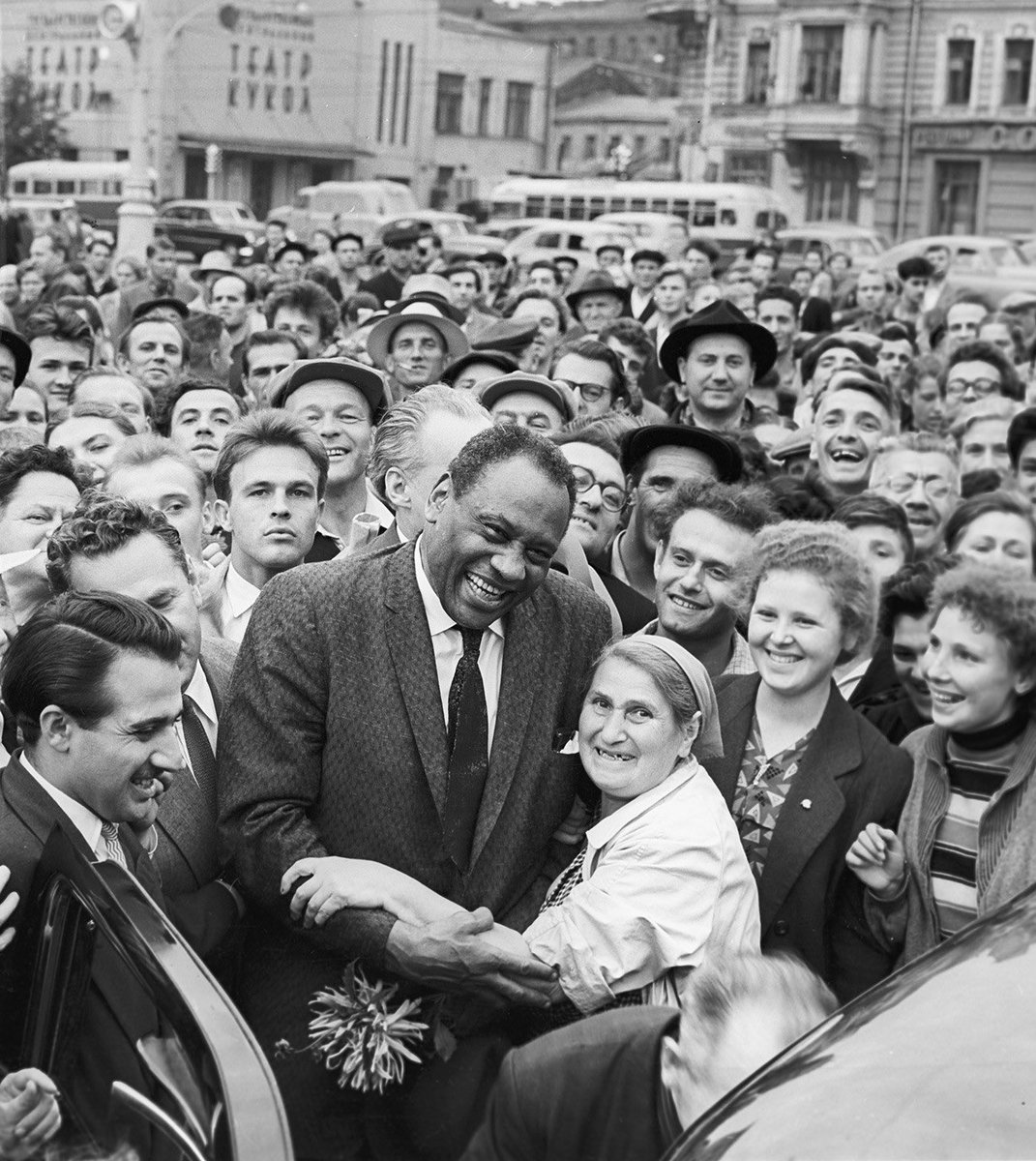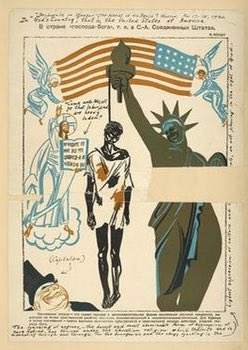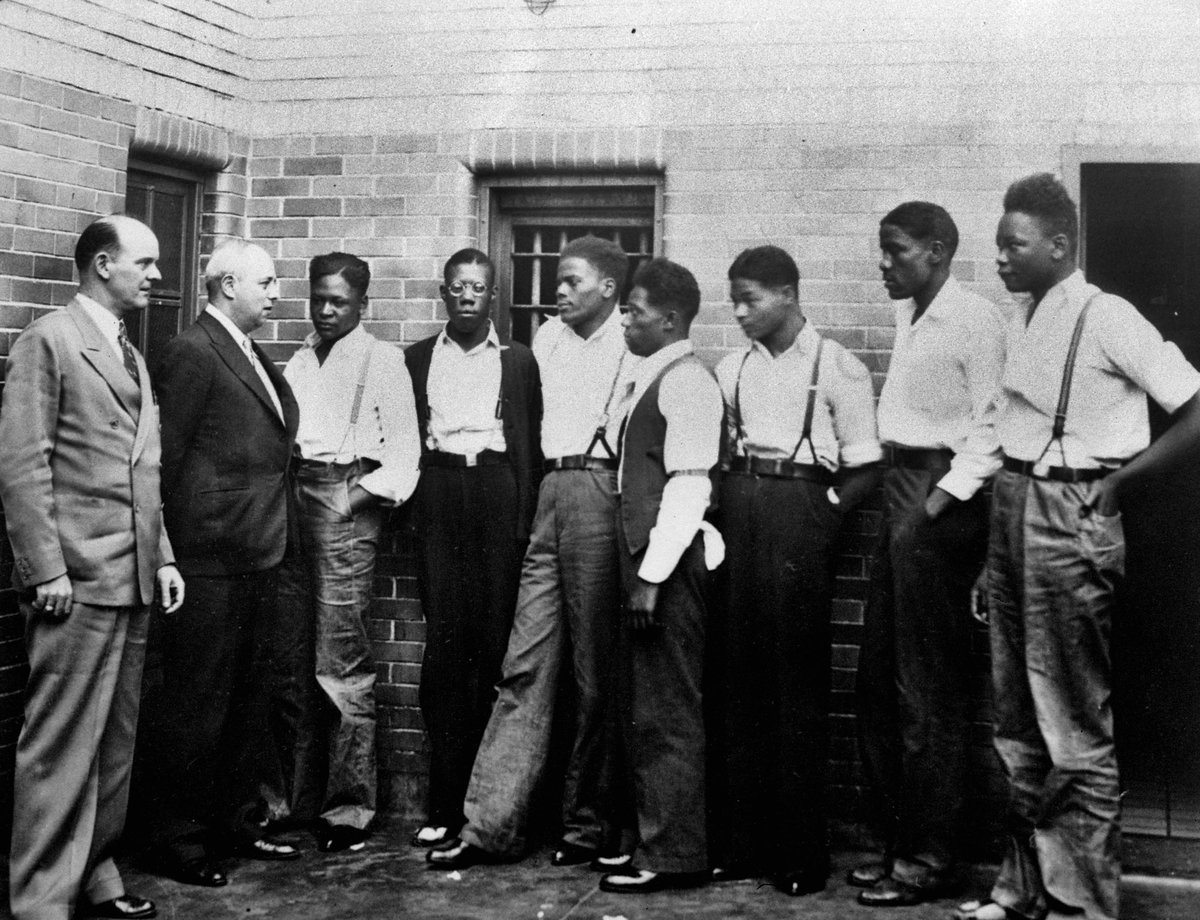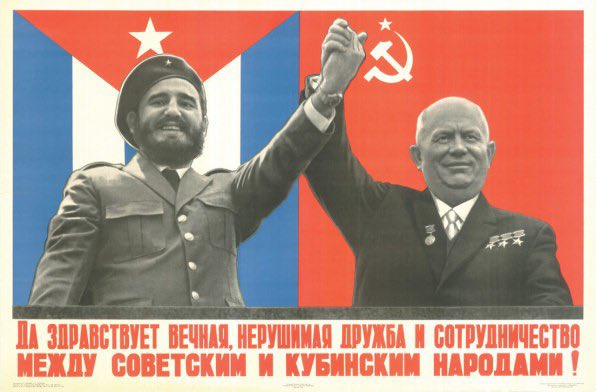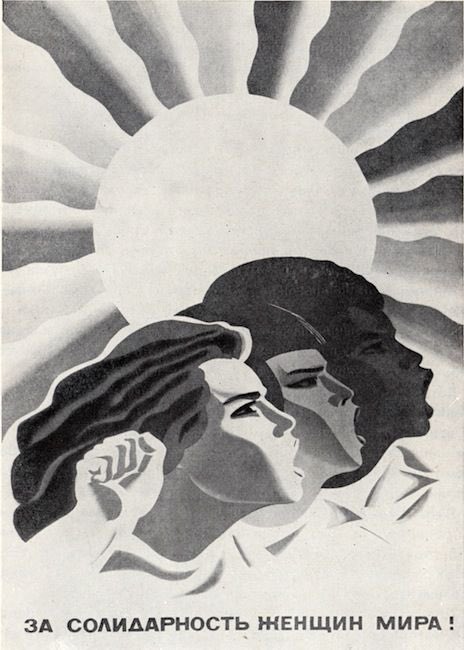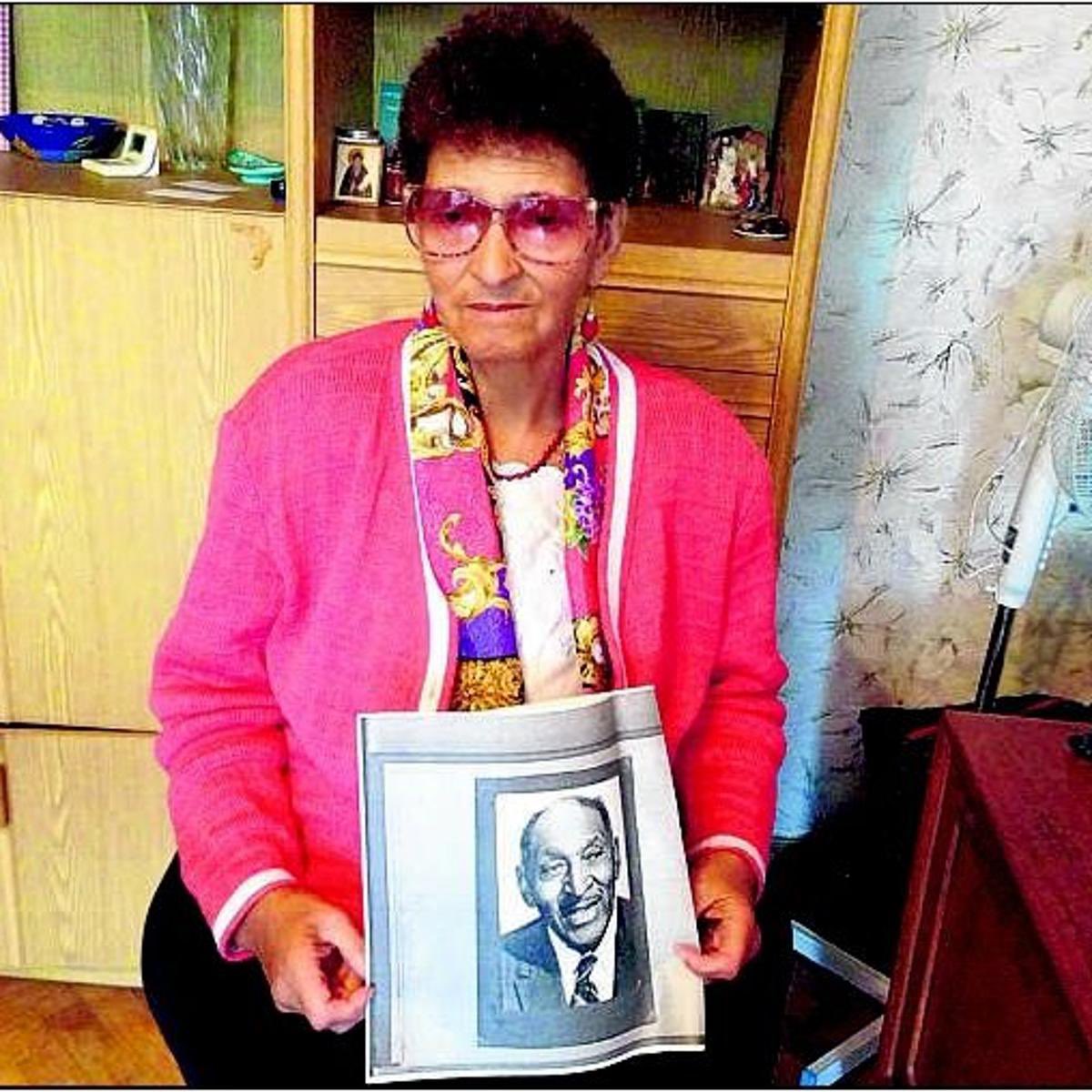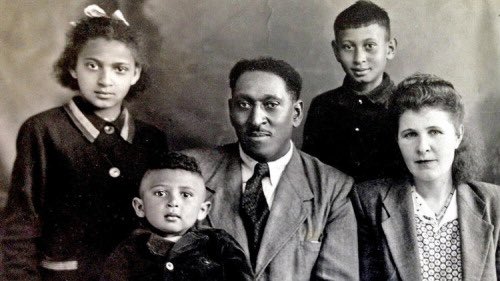Disclaimer: The experiences of some Black people don’t always account for all Black people, we all have diverse experiences that are unique and valid.
We all know that in the 1920s and 1930s America was a dangerous place to be a Black person in, lynch mobs were frequent, discrimination was rampant and finding work was virtually impossible during the recession. Black people were known to be the last hired and first fired.
Fed up with the conditions living in the south Black people thought that they would have better opportunity for work and social inclusivity in the north in cities like Chicago but unfortunately there was not much of both to be found.
In the USSR during 1930s its leaders took a fiercely anti racist position condemning Europe’s imperialism and its hold on Africa and Asia. In 1936 the Soviet constitution forbid racism of any kind. (In the 1950s the USSR played a role in condemning US racism)
Back to the 1920s and 30s the USSR and Stalin encouraged Black migration to the USSR to escape racism. During the 20s and 30s 4,000~5,000 Black people migrated to the USSR each year. Their impressions however varied...
There was significantly much less negative reactions for Black people living in the USSR but one of the notable negative ones being- Robert Robinson, a Black American engineer who came to the USSR in 1930 for better work opportunities ended up not very happy
Robert Robinson wrote a book called Black on Red where he described living under the socialist government much better than the one in the US but was troubled by the cultural differences of Russians.
Paul Robeson a famed Black singer who visited the USSR in 1934 and later suffered for his pro Soviet stance said: “The Soviet Union’s very existence, its example before the world of abolishing all discrimination based on color or nationality…this has given us Negroes the chance-
of achieving our complete liberation within our own time.”
The U.S. rewarded him by forcing him to testify before Congress and demonized him ending his career
Muhamed Ali another famous Black icon went to the Soviet Union to assist in diplomatic relations. He was impressed by the humanity there.
Capitalism leads to imperialism because capitalism demands access to new sources of raw materials, labor, and new markets to exploit. Colonialism provided vast amounts of all of these things and more.
Communism is opposed to colonialism. The Soviet Union gave material assistance to nations like Cuba that threw out brutal dictators that were controlled by the United States. This meant the Cold War was also about independence, autonomy, and freedom for the colonized.
Often the U.S. would (still does) overthrow democratically elected socialist regimes and install brutal right wing dictators which were puppets of the U.S., such as Pinochet, Batista, the Shah of Iran, and others.
I say all this to say that the government actively involved itself in anti-imperialism and the liberation of Black people but...
Soviet citizens rarely saw foreigners, especially black people, except on posters bashing American racism and calling for Africa to rise; so, they didn’t understand quite how to behave themselves with real black people.
The Soviet Union actively made sure that racism was not practiced institutionally and action was taken for Black people who were targeted (in the rare case) by discrimination
"My father felt the U.S.S.R. treated him better than America," said Tynes-Mensah, a Bi-Racial and former university chemistry instructor who was born in the Russian town of Krasnodar and now lives mainly in the United States, spending summers in Russia. "He was happy here."
The Soviet Union during the 20s and 30s brought around 18,000 Black Americans in and recruited many from HBCUs (Historically Black colleges) many from the department of agriculture. It was mostly overwhelmingly positive reviews that they held on USSR.
Unfortunately they had an impact disproportionate to their numbers because they were also there because the Soviet leadership was trying to use them as a symbol of what they were trying to build in terms of a truly democratic society. They were very much in the public eye.
Unfortunately during the end of Stalin’s leadership and the middle of the Cold War xenophobia became common and it was becoming unsafe for Black people with many leaving because of the suspicion others and the government had for them with Russians thinking they were spies
The Black Americans were shunned during the Cold War, but it was because they were foreigners, not because they were Black, their descendants said. But attitudes toward blacks changed in the1960s with the influx of thousands of students from Africa.
Today, the acceptance of blacks in Russia is far lower compared with what the African American pioneers experienced, said Tynes-Mensah, who runs a nonprofit called Metis that offers support to mixed-race children, the majority of whose fathers came to Russia from Africa.

 Read on Twitter
Read on Twitter


